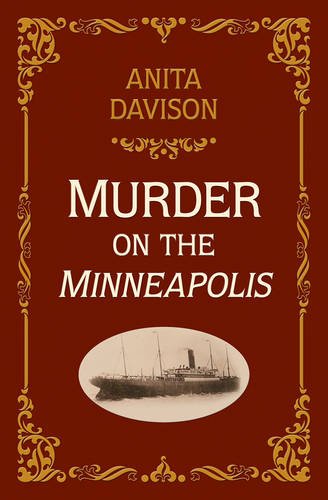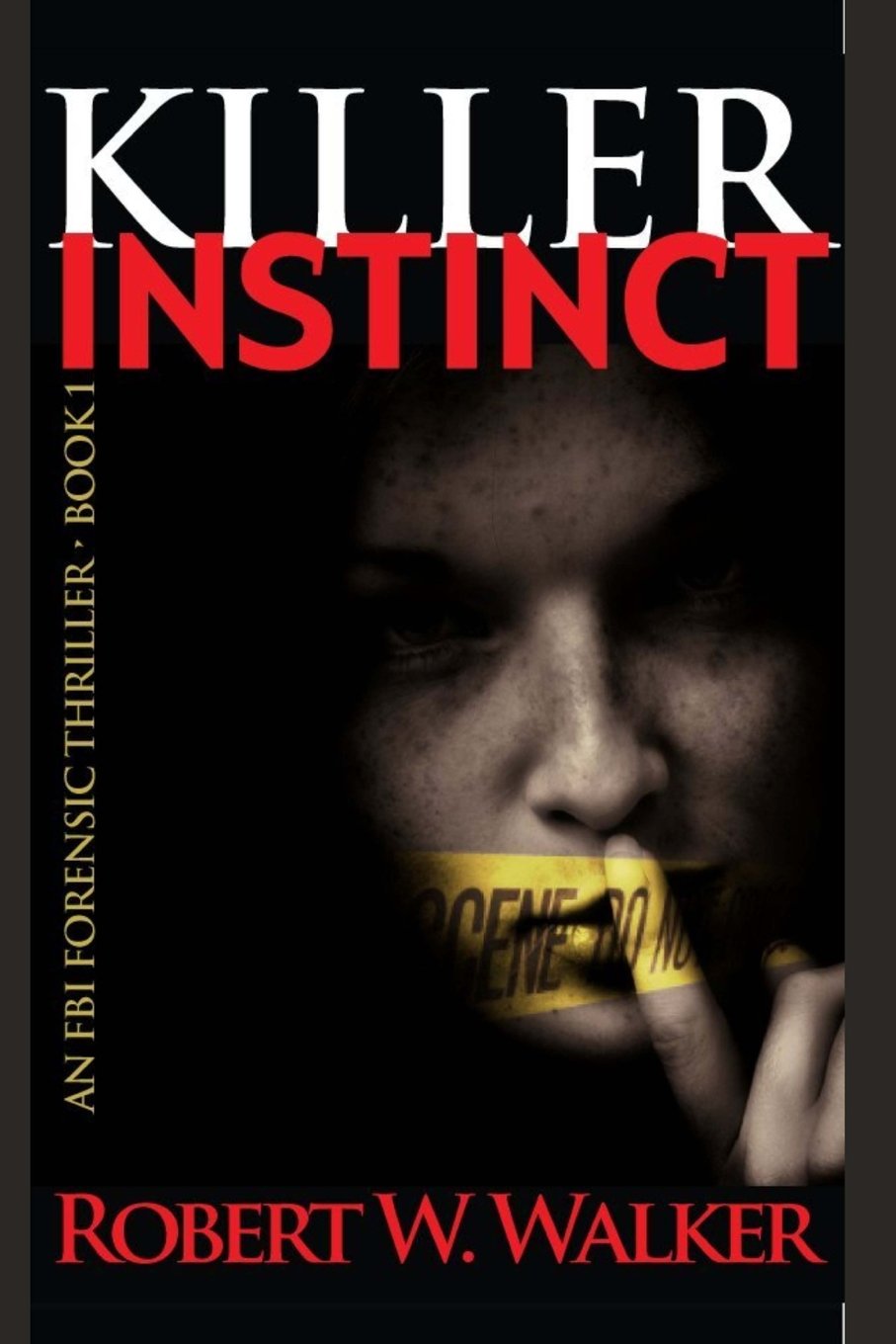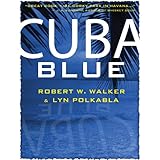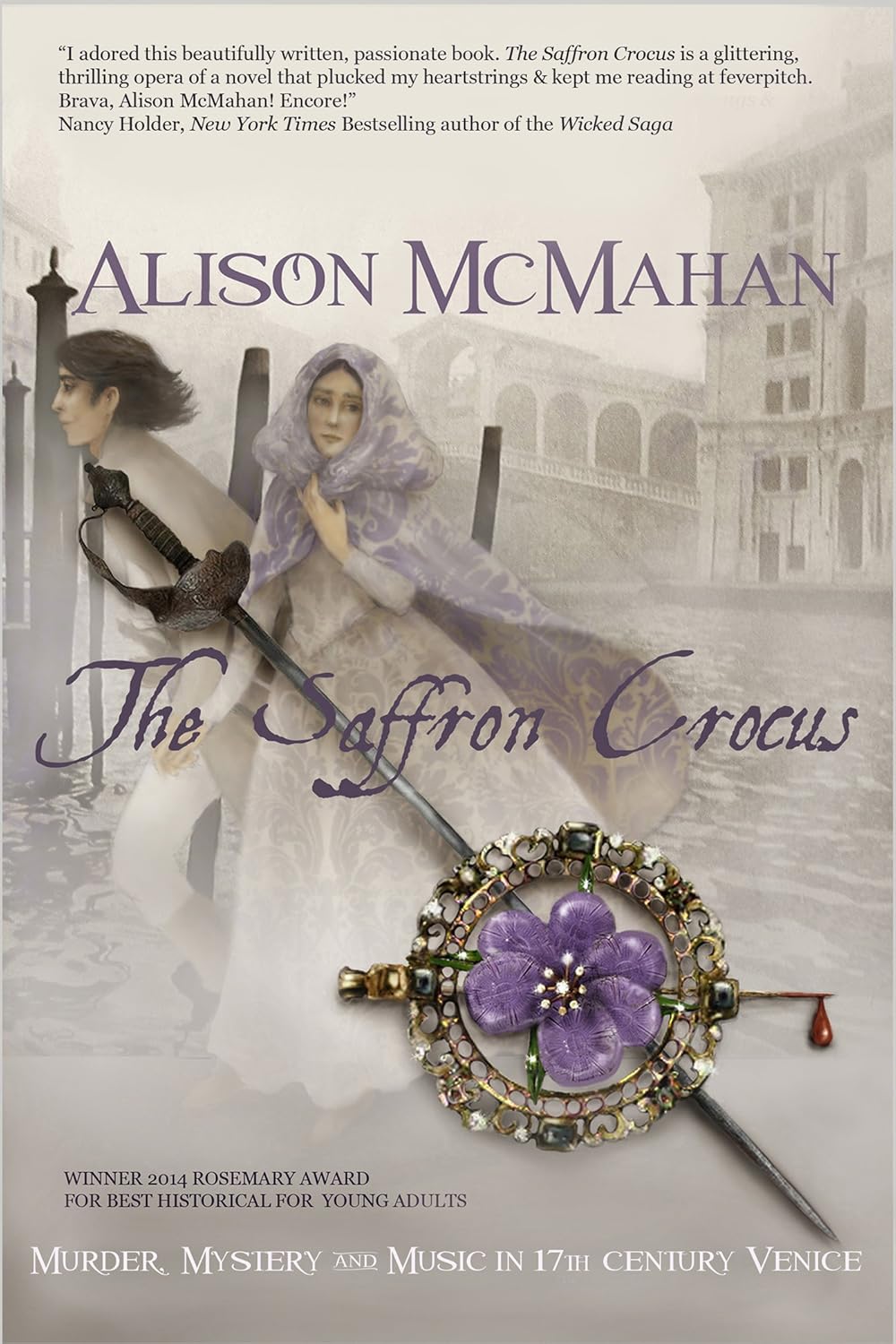I have known Diane Denton for almost four year through the Historical Novel Society, and finally I am getting around to feature her marvelous works in my blog. Both her novels are set in the 17th century, a time where most women did not have much wiggle room in terms of vocation. Denton's mousy, introspective heroine Donatella is a spinster regarded with casual contempt by those around her. At the same time, her status affords her certain opportunities not available to married women.
MJN: What appeals to me about your work is your determination to
draw attention to forgotten figures from the past. In his day, Alessandro
Stradella, the heartthrob of your debut novel A House Near Luccoli, used to be something of a rock star in his
day, a star that got prematurely extinguished. How many people outside of
the classical music circle know about him?
DD: Thank
you so much, Marina, for allowing me to guest on your blog. Sadly, not many
outside of the classical musical circle know about Alessandro Stradella, but, at
least there are a few more who have
read A House Near Luccoli. Even among
music scholars, unless Stradella’s life and work has been a specific point of
study, there is little reference to him. Serious opera buffs may recognize his
name from the highly romanticized and inaccurate mid-nineteenth century opera
by Friedrich von Flotow, and Baroque ensembles in
the US and around the world are performing his music more and more. I recently saw
that Stradella’s Sonata in D Major for
Trumpet and Strings was included in the soundtrack
for the popular movie The Girl with the Dragon
Tattoo. Many a rock star’s epitaph could say what Avvisi (hand-written newsletters) did at the time of Stradella’s tragic end: “in order to touch too high, he touched low.” In
these days of hunger for celebrity news,
especially based on rumors, scanty facts, and a fascination with seemingly
self-destructive genius, Stradella’s story should be irresistible.
Unfortunately, as you know, it’s easier
to attract readers to names and events that are familiar, rather than lead them
into unknown encounters and territories.
For me, the unknown and, especially, untried, as a writer
and reader, invites my curiosity, challenges my intellect, and stimulates my
imagination. It’s rather like walking into a room full of people familiarly
talking and interacting, except for one person who is off on his/her own. I would
be drawn to him/her, because I feel more comfortable with outsiders, couldn’t
help but be curious about what sets that person apart, and suspect his/her
story might be the most interesting of all.
MJN: Let's talk about the Anglo-Italian connections. The
English have always been fascinated by Italy. Forester had set several of
his novels in Italy - A Room
with a View and Where Angels Fear to Tread. In
your second novel, To a
Strange Somewhere Fled, you actually have an Italian protagonist going to
England. On the surface it seems like the two cultures are diametrically
opposite. When you think of England, you think of bland colorless boiled food
and vitamin D deprived people.

DD: Well, the Anglo-Italian connection is my blood. My paternal
grandfather emigrated from Italy and my paternal grandmother was a first
generation Italian born in Canada. My maternal grandfather came from Italy to
New York City and ended up in Chicago where he met my maternal grandmother, her
family having come to the US from Nottinghamshire, England in the
mid-nineteenth century. So I have been living with the two cultures all my life.
Talking about this with my mom, it’s hard to know which side we identify with
more—sometimes the mix confuses us, and sometimes one side balances the other. I
constantly sway between expressiveness and reserve, and need to referee more
than a few battles between my head and my heart. I wasn’t brought up isolated
in either ethnicity, love Italian food and Italian customs, yet have never felt
comfortable in big Italian family gatherings, my English reserve kicking in. My
mom certainly didn’t have an easy time with the volatile behavior of my father,
probably because her own father Pierino didn’t fit the stereotype of a
hot-headed Italian. As I read somewhere, the trouble with stereotypes isn’t
that they are altogether untrue, but they are incomplete, and—I add—meant to be
contradicted. On the surface it does seem the two cultures are exact opposites,
but the phenomenon of magnetism occurs because of repelling and attracting forces, and that could
well be at play in the lure of Italians to the English and visa-versa.
Following on your example of EM Forester, it’s also manifested in the plays of
Shakespeare, the flocking of 17th century musicians to the court of
Charles II, the grand tours of young English aristocrats, and the English Romantic
poets who found Italy a place to give their muses and excesses full rein.
From an early age, England called to me, it was
always a dream for me to go, and when the chance came I naïvely—much more so
than my fictional Italian female protagonist—took my ‘split personality’ there,
where, as if the mingling of the two ethnicities in my genetics wasn’t enough
to deal with, even as I blended in I experienced a great deal of alienation. To
your point about the blandness of the English diet—my ex mother-in-law boiled and boiled and boiled the flavor out of
vegetables and even fish, but the English were definitely open to foreign food.
Indian and Chinese restaurants were everywhere, Pizza Hut was usually packed,
and when an Italian manager and chef were employed at a local hotel, the
natives were thrilled—and so was I, of course! A dose of vitamin D on those
days that weren’t rainy was obtained by playing tag with the sun in and out of
the clouds. Let’s put it this way: it was the best and worst of times. Even
before I got a novel out of it, I knew it was integral to my life’s passage and
don’t regret those sixteen years at all. Certainly I’ve found inspiration in
the Anglo-Italian contrasts and will continue to do so in my writing again
before too long, taking up the story of Christina Rossetti, the poetess sister
of the Pre-Raphaelite poet-painter Dante Gabriel Rossetti, off-spring of an
Italian father and half-Italian, half-English mother.
MJN: Your maternal grandmother was a concert pianist in Chicago
during the 1920s. What an exciting era to be in the performing arts, especially
in a city like Chicago! Tell me a little bit about her repertoire. 1920s was a
very turbulent time all over the world. Did the external environment affect
your grandmother's performance style?
DD: What I know of my maternal grandmother, Marion
Allers-DiCesare, is through the memories and adoration of my mother who was
only ten years old when her mother died. My grandmother received her entire
musical education at the Illinois College of Music, which was established in
1900, graduating when she was eighteen but continuing there as a teacher. My
mom managed to rescue the 1924 faculty booklet from family records in danger of
being discarded as clutter. It states that Miss Allers’ pupils idolized her,
“she made an extensive study of Expression (voice training, breathing,
recitation, dramatic training, impersonating, dialect, etc.) and was very
“clever” as “Pianist-reader and Monologue entertainer” who “became known
throughout the city”, and was “original and versatile.” My mom remembers her repertoire
included Mozart, Beethoven, Chopin, Liszt, and Tchaikovsky, and, also, popular
songs from the twenties. Because my grandmother was not only a talented pianist
but, also, a versatile entertainer, she was approached by Ziegfeld, who was from
Chicago, to take part in a European tour. Her family wouldn’t allow her to go as
“good girls didn’t travel alone or do things like that”. Who knows what career opportunities
were missed and whether the disappointment contributed to her suffering a
nervous breakdown. She had several offers of marriage she turned down. Then, in
her thirties, my northern Italian blue-eyed grandfather, attractive, cultured,
charismatic, and a bit of a scoundrel—not unlike Alessandro Stradella—came on
the scene when mutual friends took him to see her perform at the Chicago Civic
Opera House. This time she defied her family to marry him—unaware he was still
married to a woman in New York City—finding excitement but also hardship in her
decision to do so, because, besides being a bigamist, my grandfather was an unreliable
provider financially and often absent, engaging in dodgy real estate deals with
the gangster element in 1930’s Chicago. After my mom and her eldest sister were
born, her parents split for a while, but then got back together and had two
more daughters, my mom’s youngest sister only four when my grandmother died
from breast cancer at the age of forty-six.
MJN: I am feeling uneasy about asking this question, but how much
of yourself is there in Donatella? I'm not implying that she is 100%
autobiographical, but she is so well-rounded and so meticulously crafted, I
sense she is your psychological child. Perhaps, she's not your spiritual
twin, but rather a literary child.
DD: I think initially, when I “discovered” Alessandro Stradella,
I wanted to truly “meet him” and Donatella was my way to do that. He reminded
me, especially in his musical brilliance and recklessness, of a pivotal
encounter I had had in real life, which I had to be very discreet about. Perhaps
I felt that through inventing a scenario where a woman like me could have such
an experience was a safe way to explore it more fully and, it may seem strange
to say, more actually. The autobiographical aspect of Donatella is manifested
in her resistance, regret and longings, insecurities, hesitation, isolation,
and her potential as a loving, artistic creature. And, of course, her love of
cats! As many writers know, something can happen as a narrative takes shape: as
we control we lose control and learn as much as we reveal. After
traveling with her for two novels and over five years, I will almost steal a line from Wuthering Heights to announce that
Donatella is more myself than I am. So I guess that might make her my literary
guru, someone I may refer to again, if not in my writing, than certainly in the
moments of my life.
MJN: You have a gift for illustration. In fact,
you've illustrated some of your own literary works. Tell me how your
brain processes the multi-media. Do you envision an image first, and then
describe it with words, or do you start off with words and then translate them
into images?
DD: I’m as visual when I write as when I draw and paint. I see
words visually, not just as letters put together, but the way they are arranged
in a sentence or paragraph or on the page, like brushstrokes—or pointillism—individually
coming together to create a complete and cohesive picture. I hope that makes
sense. Images certainly have inspired my writing. As an example, I saw a
photograph of the French writer Collette sitting in her garden reading when she
was a young woman and so my short story The
Library Next Door was conceived along with the illustration I did for it. And
regarding the covers for my novels, especially To A Strange Somewhere Fled, the illustration came out of the
writing—Wroxton Abbey, the oak tree, Donatella and how she is dressed. Most of
the time it is rather like the chicken and the egg, impossible to say whether
the image or the words existed first—certainly, one inspires and supports the
other. Images help me fill in the story, flesh-out the characters and settings,
and words generate images in my own and, hopefully, the reader’s mind. I really
don’t think you can write visually if you can’t think visually, but like the
historical in historical fiction, it all has to be a seamless integration. I
also find taking a break from writing to do artwork relaxes me, especially my mind;
it takes me into a less conscious place creatively, probably because I am less possessed
by it.






